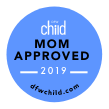Interesting Oral Health Facts for Nursing Parents
August 24, 2022

As a new parent, choosing to breastfeed is one of the first choices you make. Whether you decide that’s the best option or you find bottle-feeding to be a better fit, it’s important to know that infant dental care starts early on. With this in mind, keep reading to learn some interesting facts about nursing and oral health from a pediatric dentist in Coppell!
You Don’t Have to Wean When Your Baby Gets Teeth
At first, you may think the emergence of your baby’s teeth means the end of your breastfeeding days. However, if you don’t want to, you don’t have to! In fact, the World Health Organization recommends that mothers nurse for the first two years, and your little one will definitely have teeth by that time. In short, the only time you need to stop is when you feel it’s best for you and your baby.
Even Baby Teeth Can Get Cavities
Tooth decay isn’t a dental problem that impacts only adults – infants can develop cavities too! That’s why it’s so important to start a solid at-home oral hygiene regimen at an early age. Before they have teeth, you can wipe down their gums with a clean, damp washcloth.
Once they have teeth, you can use an infant-sized toothbrush to gently clean each surface. Starting around their first birthday (or sooner if their first tooth emerges before then), you should bring them in for their first dental checkup.
Breastfeeding Can Reduce the Risk of Baby Bottle Tooth Decay
Your baby may find it comforting to go to sleep with a bottle, but this habit can increase their risk of tooth decay exponentially. After all, both breast milk and formula contain sugar! Therefore, it’s best to feed your little one well before bedtime. If they do like to be put to bed with a bottle, try filling it with water instead.
Taking Care of Your Teeth Is Important Too
As a new parent, your whole life is turned upside down now that you have a baby. In response, you may end up neglecting yourself to keep up with feeding schedules, nap times, etc. However, caring for yourself is just as important, especially since your health impacts your little one.
For example, failing to brush, floss, and rinse with mouthwash can cause you to develop tooth decay. When you kiss your baby or clean off their pacifier with your mouth, you can transfer those harmful bacteria to them. So, don’t put taking care of yourself on the back burner – the health of you and your baby depends on it!
You naturally want what’s best for your child, and of course, that doesn’t include dental problems like cavities. So, make sure to consider the aforementioned facts – they will help you navigate nursing and oral health for your little one.
About the Author
Dr. Melissa Rozas earned her dental doctorate from the University of Texas School of Dentistry in Houston. She is certified by the American Board of Pediatric Dentistry. Dr. Rozas is a member of the American Dental Association and was president of the Texas Academy of Pediatric Dentistry for two years. If you still have questions about your little one’s oral health, Dr. Rozas and her team are experienced with teaching new parents how to take care of their baby’s mouth and teeth. Schedule an appointment on her website or call (972) 393-9779.











